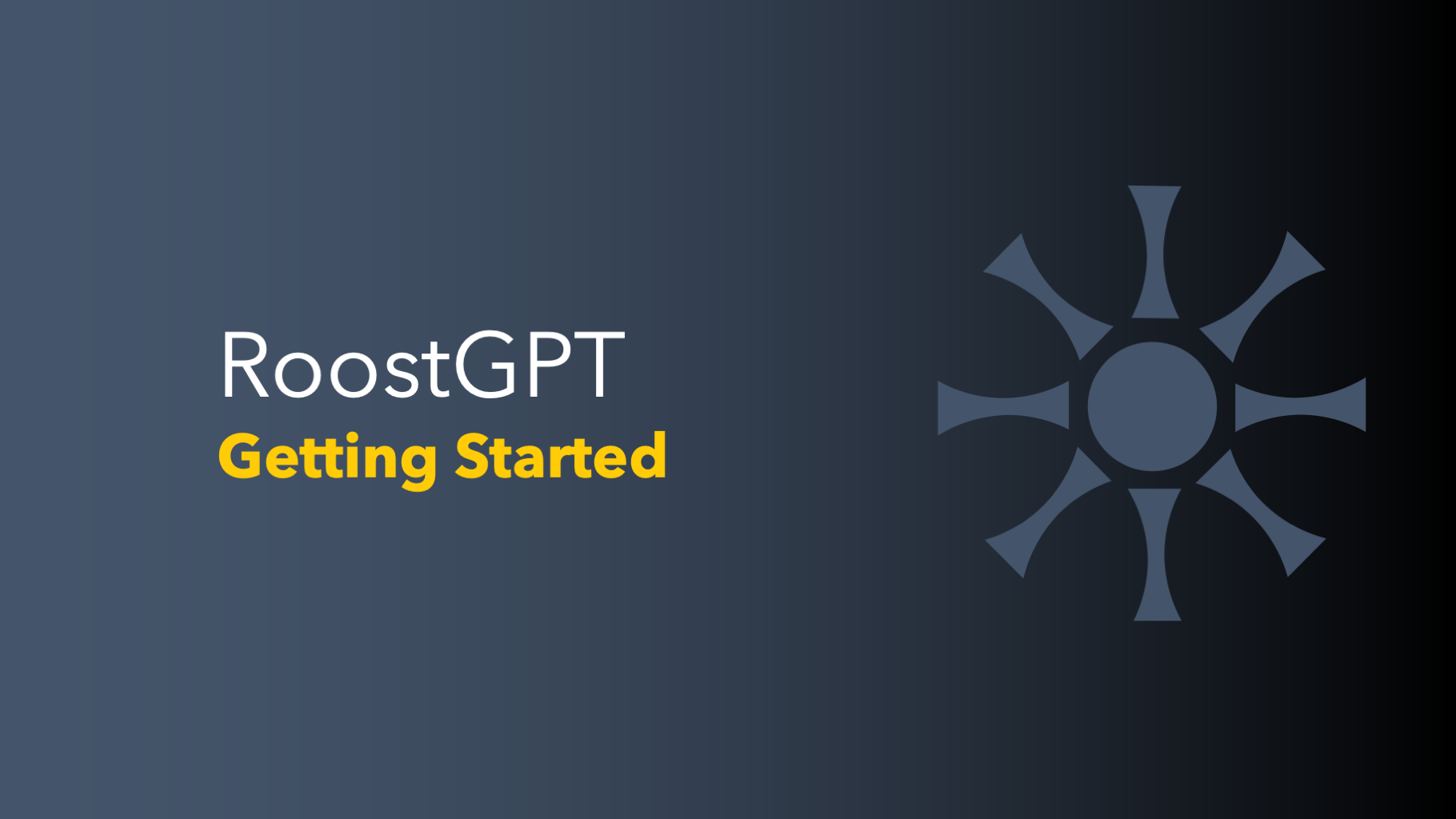Roost.ai is changing the game in automated software testing by cleverly using Generative AI and Large Language Models (LLMs), along with its own powerful engine and your specific code, APIs, logs, and docs. This mix not only facilitates the generation of contextually rich and accurate test cases but also seamlessly integrates with a wide array of API specifications and programming languages, enhancing its utility and adaptability in real-world projects.
One of the Roost.ai’s capability is its robust support for popular API specifications such as Swagger, OpenAPI, and Postman. This compatibility ensures that Roost.ai can directly ingest API documentation to automatically generate API test cases that adhere to the defined endpoints, request formats, and expected responses. This direct linkage with API specs enables Roost.ai to cover a broad spectrum of API testing scenarios, from basic CRUD operations to complex interactions, ensuring comprehensive API coverage without manual intervention.


A key feature of Roost.ai’s offering is its support for Gherkin, a business-readable domain-specific language that enables the description of software behaviors without detailing how that functionality is implemented. Gherkin is widely used for writing acceptance tests or as the basis for automated tests, particularly in Behavior-Driven Development (BDD) frameworks. Roost.ai leverages Gherkin to generate readable and understandable integration test cases, allowing teams to describe complex software interactions in a simple, human-readable format. This feature is especially beneficial for creating integration tests that simulate real-world scenarios involving multiple components or systems interacting with each other.

In addition to API and Integration testing, Roost.ai extends its support to a wide range of programming languages including Go, Python, Java, Node.js, and C#. This allows Roost.ai to generate unit test cases that are syntactically and semantically aligned with the language-specific best practices and testing frameworks (such as JUnit for Java and pytest for Python). The ability to cater to multiple languages ensures that Roost.ai can be effortlessly integrated into various development ecosystems, offering a unified solution for automated test case generation across different parts of the software stack.


One of the most compelling features of Roost.ai is its seamless integration into existing development pipelines. The platform is designed to work with current CI/CD workflows, requiring no disruptive changes or overhauls. Once Roost.ai generates test cases, they are automatically committed back to the designated test repository in the project’s source control management system, such as Git. This integration ensures that the newly created test cases become part of the standard review and deployment processes, maintaining the integrity and continuity of the development cycle.

Furthermore, Roost.ai embodies a collaborative approach by offering developers the flexibility to review, provide feedback on, and even modify the generated test code. This feature is crucial for incorporating domain-specific nuances or optimizations that the AI might not fully capture. It ensures that while Roost.ai offers a high degree of automation and coverage, it still respects the critical role of human expertise in the nuanced domain of software testing.
In essence, Roost.ai stands out as a highly adaptable, efficient, and intelligent solution for automating the generation of test cases across a spectrum of programming languages and API specifications. Its ability to seamlessly integrate into existing development pipelines, coupled with the provision for human oversight, positions Roost.ai as a transformative tool in the realm of software testing, promising significant enhancements in test coverage, accuracy, lessor production failures, and development efficiency without disrupting established workflows.



